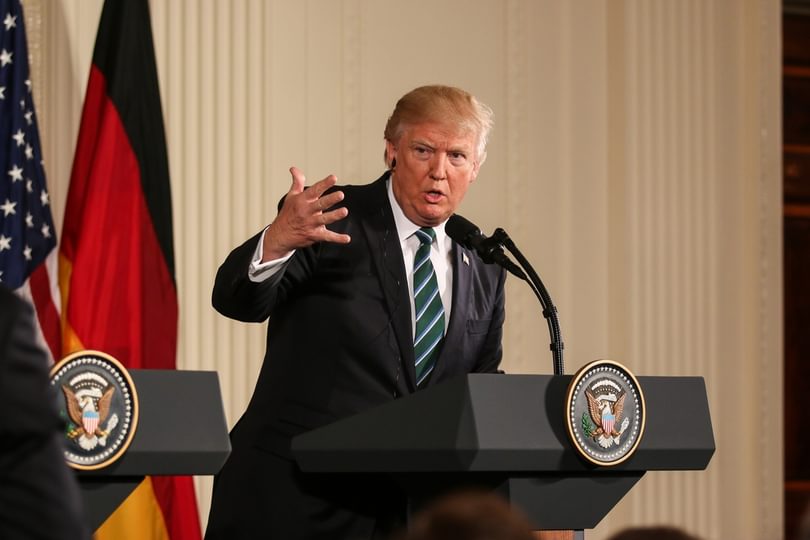
A new research paper from the Oxford Martin Programme on Technology and Employment provides the first evidence that automation played a major role in voters' concerns in the 2016 US Presidential Election.
The paper, Political Machinery: Automation Anxiety and the 2016 U.S. Presidential Election, authored by Dr Carl Benedikt Frey, Dr Thor Berger and Dr Chinchih Chen, all of the Oxford Martin Programme on Technology and Employment, looked at whether groups in the labour market that have lost out to automation were more likely to opt for radical political change. Pitching automation against a host of alternative explanations - including workers' exposure to globalization, immigration and manufacturing decline - the research shows that electoral districts with a greater exposure to automation were substantially more likely to support Donald Trump in the 2016 Presidential Election.
The authors found that a 5 percentage points increase in the share of jobs in which workers have lost to automation in the past is associated with an increase in the share voting for Donald Trump in 2016 by roughly 10 percentage points.
Dr Frey, Oxford Martin Citi Fellow and Co-Director of the Oxford Martin Programme on Technology and Employment, said the data provided the first hard evidence of the impact of automation on political outcomes.
“Our study suggests that automation has been the real cause of voters' concern”, he said. “The prime victims of recent technological change want anything but the status quo. The populist rebellion in America, Europe, and elsewhere, has many causes, but workers losing out to technology is seemingly the main reason.”
Looking forward, Dr Frey believes that we are only at the early beginnings of the automation challenge: “47 percent of jobs in the United States are at risk of automation in the near future as a result of recent developments in artificial intelligence. The way the industrial revolution transformed manufacturing, a ‘de-industrial revolution’ is underway that is promising to revolutionize services in similar fashion,” Dr Frey said. As more and more jobs become exposed to automation, further political rebellion is likely, unless we make sure that the benefits of automation become more widely shared.
The study found that:
- The prime victims of the Computer Revolution since the 1980s are more likely to opt for radical political change; workers exposed to automation had a higher propensity to vote for Donald Trump, also when controlling for a variety of alternative explanations
- The economic trends since the Computer Revolution have been strikingly similar to those of the British Industrial Revolution when workers rioted against machines
- Looking forward, the study finds that the countries that are most exposed to automation in the future are already the most politically unstable. It stands to reason that leaders in politically unstable countries are particularly likely to view automation as a destabilizing factor, which they might seek to restrict.
NOTE - this paper was updated in October 2017. Click here to read the revised paper .